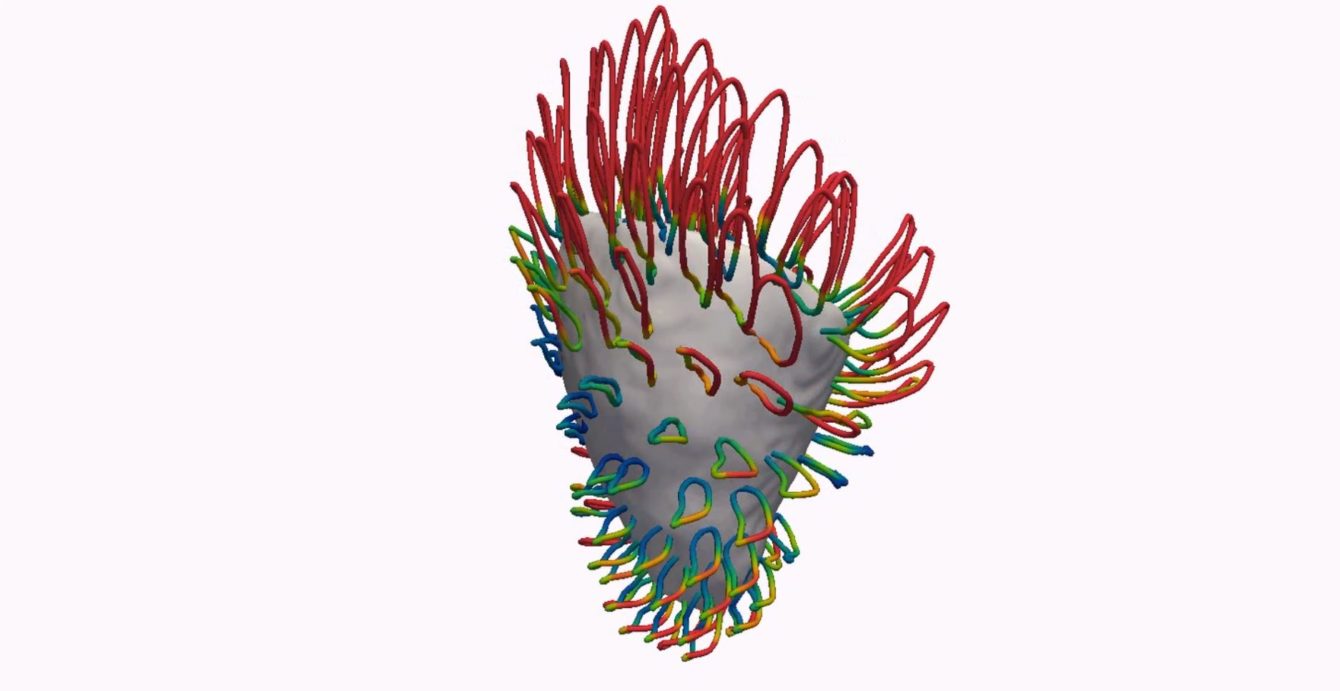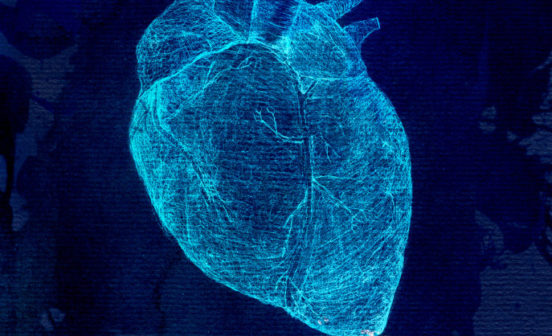DiagnosticTherapeutic AI system learns to predict survival rates from the movement of your heart

Cardiac imaging forms an important part of the initial assessment of patients suspected of having heart failure. Currently, doctors evaluate a patient’s risk of heart disease by taking simple measurements of the volume and mass of the heart – but this approach is not accurate or patient-specific.
A team at the MRC London Institute of Medical Sciences (LMS) and funded by the NIHR Imperial BRC have found a way to harness AI to enable doctors to predict outcomes for heart patients more accurately and find the best treatment for individual patients.
The research, published in the journal Nature Machine Intelligence, reports on a machine learning tool that can accurately predict a patient’s risk of heart failure by tracking the motion of their heart from cardiac MRI scans without needing any human involvement.
The researchers used the technology to predict the prognosis for 302 people with a heart condition called pulmonary hypertension. Patients with pulmonary hypertension were chosen because the choice of their treatment is dependent on the individual patient’s risk classification. The technology correctly predicts a patient’s prognosis 75% of the time and outperforms doctors’ measurements.
Dr. Declan O’Regan, Principal Investigator in the NIHR Imperial BRC Cardiovascular and Imaging Themes, said:
“Our ultimate goal is to see this technology used throughout the NHS, not just for cardiac events but for other applications too. But first we will be evaluating the algorithm on larger cohorts of cardiac patients, in collaboration with centres in the UK and Europe, to see how well it performs in a real-world environment. This would just be using motion analysis from cardiac MR images, but there is so much more data out there that can enrich this technology. Incorporating a patient’s health records, genetic information, metabolic signature or even the heart data from your wearable device can give a much more precise and personalised recommendation of treatment.”
This exciting new imaging technology is not only the most precise prediction of future cardiac events yet, but crucially still allows doctors to interpret the outputs from the algorithm. This is the next step in allowing clinicians to tailor and guide a treatment option that is personalised to each patient.
This story is from MRC London Institute of Medical Sciences (LMS). Click here to read the full story.





